
views
Cinema can play an important role in normalising the LGBTQ community in the mainstream space as excluding them makes the larger narrative "incomplete", say Indian filmmakers and artistes.
The conversation and representation of the LGBTQ community has become more prominent in the mainstream media and entertainment space over the years. Take for example, A Monsoon Date, the story of a transwoman, directed by Tanuja Chandra, starring Konkona Sen Sharma and penned by Gazal Dhaliwal.
Dhaliwal also wrote Ek Ladki Ko Dekha Toh Aisa Laga, which had a mainstream actress like Sonam K Ahuja take on the subject of same-sex love head on. In recent times, Arjun Mathur's portrayal as a gay wedding planner who also raises his voice as an LGBTQ activist in the web series Made In Heaven, has been lauded.
Manoj Bajpayee's Aligarh brought to the fore a real life story of the victimisation of a gay college professor. Actor Ayushmann Khurrana has been roped in for a gay love story Shubh Mangal Zyada Saavdhan, and he has said it will be an "out and out entertaining film" which will handle the subject of homosexuality sensitively.
It's all a positive change, according to filmmakers Neeraj Ghaywan and Tanuja and Konkona, who are a part of the jury of the 10th Kashish Mumbai International Queer Film Festival to be held from June 12-16. While platforms like these are helping open the forum for more conversations, portrayal of gay characters can go a long way in changing perceptions.
"It is a slow change, but at least it is happening. It will take a while to become very normal, but in recent times we have in the mainstream entertainment space that a main character who is shown as gay is also dealing with regular problems of life. What I want to see in future though, is normalisation," Ghaywan told IANS.
"Instead of aggressively putting a gay character, there is a need to treat them normally because we are talking about equality, right? Say for example, we can show a teacher or a policeman who is shown as he or she is because of the work and the identity of the character, and it is not limited to sexual identity," he said.
Tanuja is hopeful. "I can literally count on my fingers the number of stories on LGBTQ community that have been made so far. The change is not happening in a big way, but you know at least the dialogue has started. We as filmmakers have to voraciously work towards it so that it can find a space," she said.
What a film festival focussed on narratives around the LGBTQ community does is generate a lot of dialogue and discourse, Ghaywan noted. "That is helping in creating awareness of the spectrum and also helping Bollywood understand that it is not just about sexuality...there are so many things to talk about.
"Cinema being a mirror of the society, imagine if we show regular characters with a regular job and life, anybody who is watching the film will understand that it is normal to be a homosexual. I think cinema is much more powerful to create awareness than any other classroom… So yes, we need such platforms," he said.
Konkona, on the other hand, wishes to see a day when such a festival is not needed. "I wish it was not necessary to have a separate film festival with LGBTQ films. I wish it was a normal part of everyday society. I think when we exclude LGBTQ from society and from our films, we tell an incomplete story of the world," Konkona said.
"That is why spaces like this are important...to share lives and experiences of a collective humanity. Earlier, women were missing from this conversation and now I feel LGBTs are so far from the mainstream narrative," she added.
Tanuja feels actors and producers both have to be supportive of storytellers to make more such films happen.
Follow @News18Movies for more.










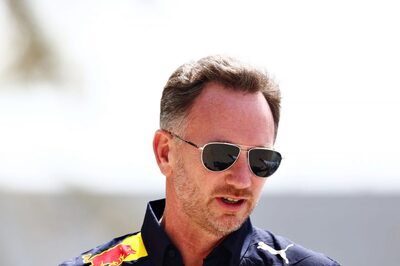
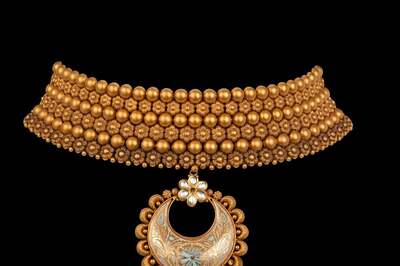


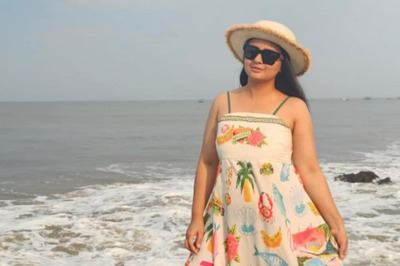


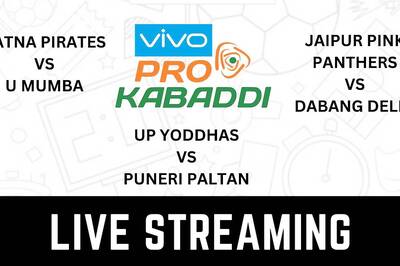
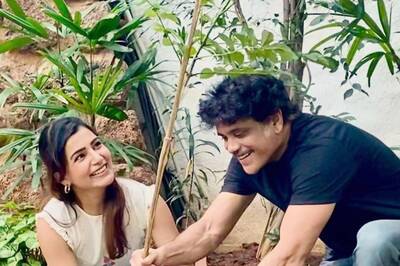
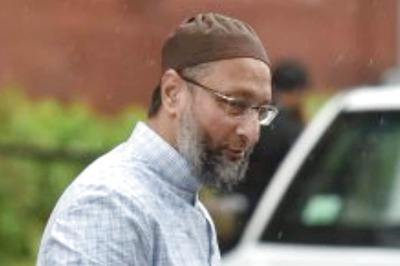
Comments
0 comment